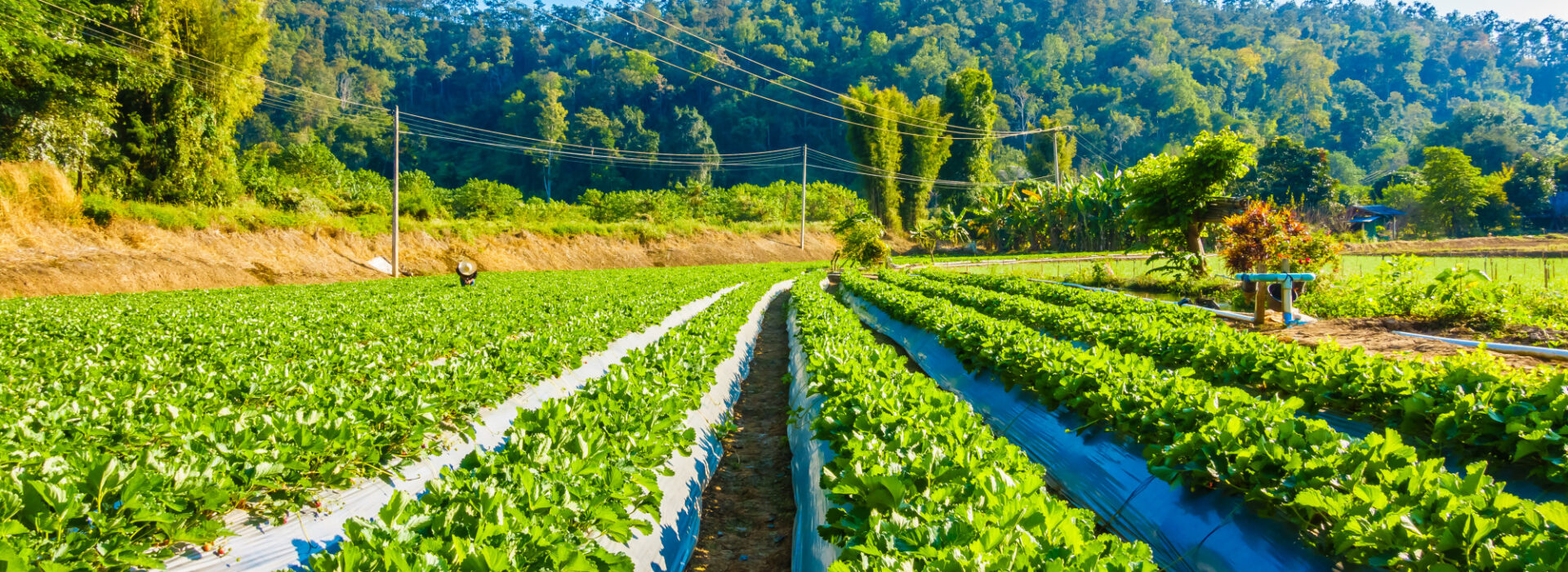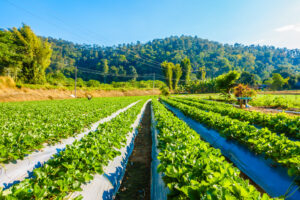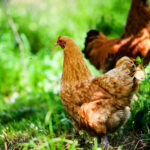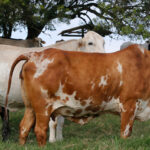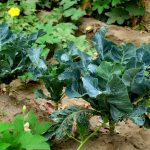Soil is the cornerstone of organic farming. Investing in soil health yields higher crop productivity, reduces labor, and lowers costs. Healthy soil supports sustainable agriculture by managing stormwater runoff, reducing erosion, and protecting water supplies.
The Role of Cover Crops in Soil Fertility
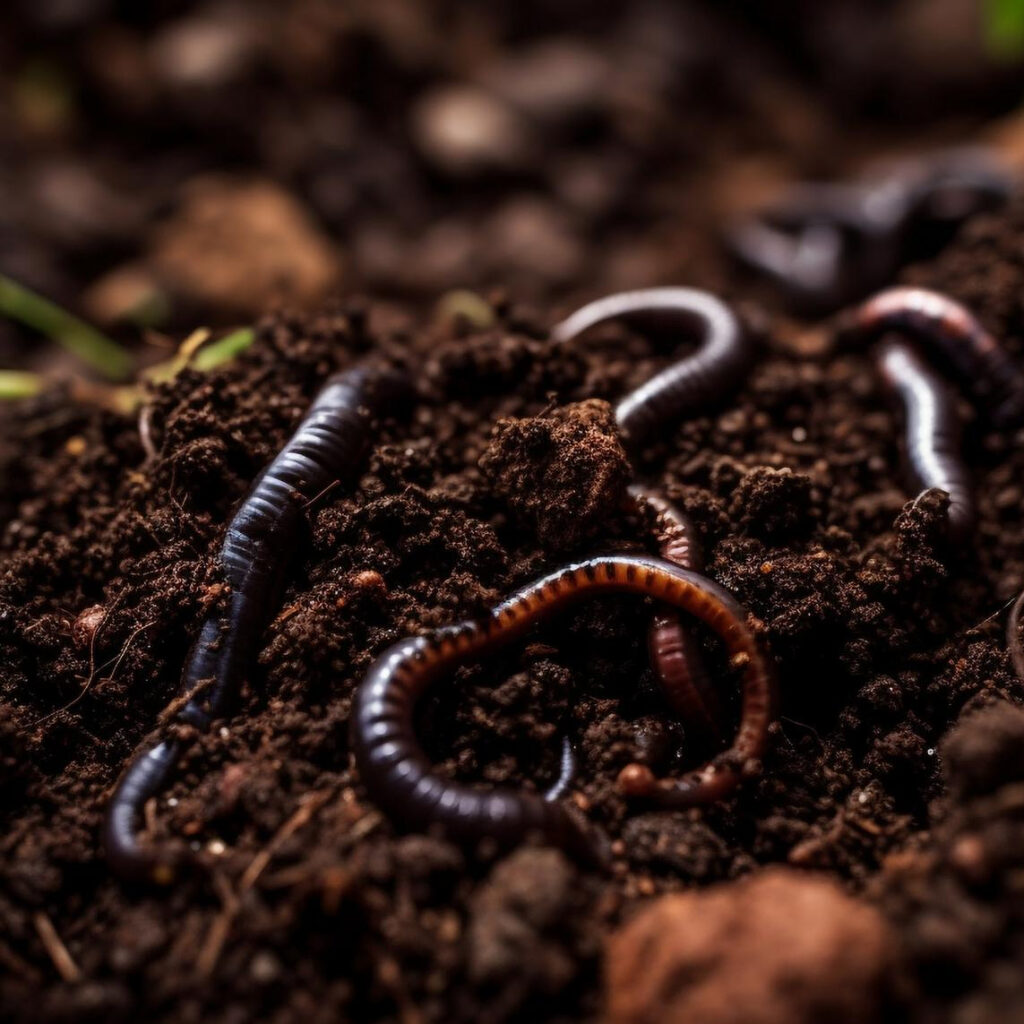 Cover crops play a vital role in maintaining soil fertility. Implementing cover crops requires careful planning and management but significantly enhances soil health. They prevent erosion, improve soil structure, and boost organic matter, all of which are essential for a thriving organic farm.
Cover crops play a vital role in maintaining soil fertility. Implementing cover crops requires careful planning and management but significantly enhances soil health. They prevent erosion, improve soil structure, and boost organic matter, all of which are essential for a thriving organic farm.
- Effective Crop Rotations and Their Benefits: Crop rotations are crucial for pest control and yield optimization. By alternating crops, farmers can improve soil health, reduce disease and pest infestations, and protect against erosion.
- Selecting the Right Cover Crops: When choosing cover crops, consider factors like soil moisture, field layout, equipment availability, and production targets. Cover crops are divided into cool-season and warm-season varieties, each suited to different climates and conditions.
- Benefits of Cover Crop Mixes: Experienced organic farmers often use cover crop mixes, combining legumes and cereal grains for synergistic benefits. For example, pairing cereal rye with hairy vetch can protect soil and enhance nitrogen fixation, providing essential nutrients for future crops.
Planning and Experimentation in Organic Farming
Transitioning to organic farming involves balancing short-term needs with long-term goals. Flexibility and adaptability are crucial. Setting aside experimental plots for testing new cover crops and rotations can provide valuable insights without risking entire fields.
Learning from Experienced Organic Farmers
Consulting with local organic farmers can offer valuable guidance on effective crop rotations and soil health practices. Regular soil testing, at least every two to three years, is essential for monitoring nutrient levels, organic matter, and pH balance.
Sourcing Organic Seeds and Planting Stock
Organic farming requires the use of organically grown seeds and planting stock. This ensures that crops are raised under organic standards from the start. Avoid genetically modified seeds to maintain organic certification.
Effective Weed Control in Organic Farming
Weed management is a significant challenge in organic farming. Without herbicides, organic farmers rely on preventive measures and strategic practices such as crop rotations, mulching, mowing, and mechanical cultivation.
- Preventative Weed Management Practices: Preventive weed management includes maintaining field sanitation and using weed-free seeds. Cleaning equipment and composting plant waste thoroughly can prevent weed seed spread and ensure a weed-free environment.
- Mulch Options for Weed Control: Mulching, using either organic or manufactured materials, creates an environment that inhibits weed growth. This method is particularly effective in reducing weed competition around crops.
Organic Insect Pest Management
A balanced ecosystem on an organic farm includes a variety of insects, some of which are pests. Beneficial insects, birds, and other predators help control pest populations. Monitoring pest levels and maintaining healthy crops are key strategies for managing insect pests organically.
Organic Disease Management
Preventing plant diseases is critical for organic farmers, especially those growing fruits and vegetables. Regular practices on a healthy organic farm, such as crop rotation and soil health management, can significantly reduce disease outbreaks. When necessary, approved organic inputs can control diseases without harmful chemicals.
Integrating Livestock into Organic Farming
Organic livestock production meets growing consumer demand for organic meat and dairy products. Livestock contribute to nutrient cycling, weed management, and overall farm sustainability. Grazing animals can also utilize land unsuitable for crop production, adding flexibility to farm operations.

